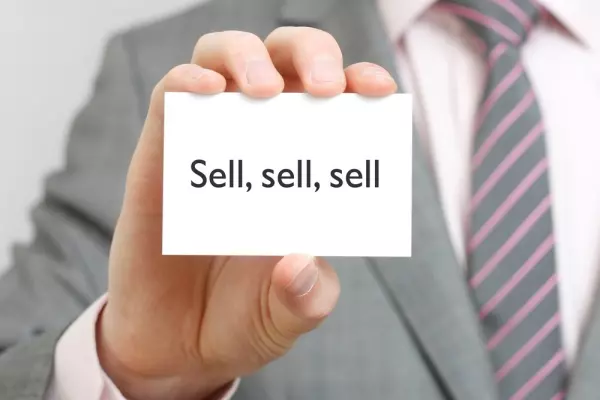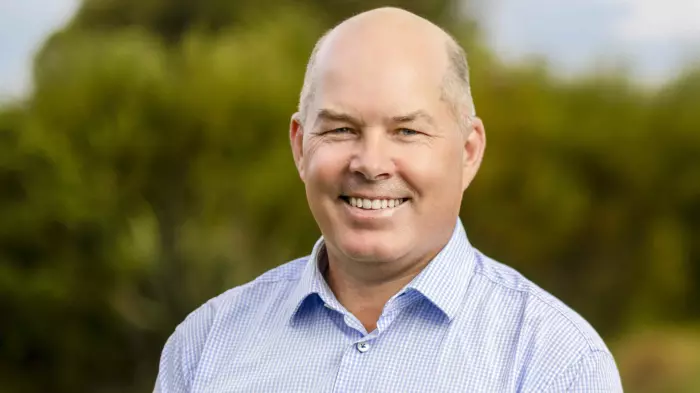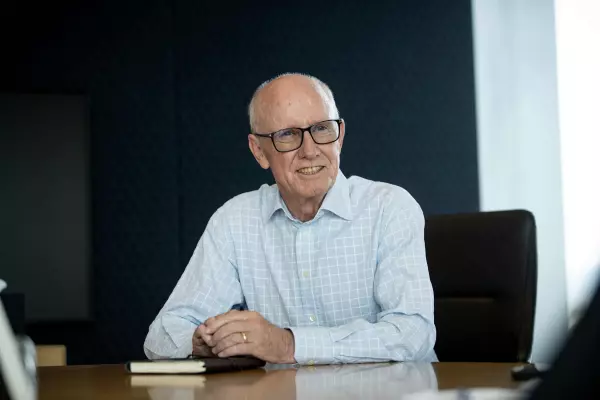In New Zealand business culture, we tend to work with people we know and often have pre-existing relationships – it’s the Kiwi village mindset. There also seems to be an underlying belief that you need to build personal relationships and “be liked” in order to sell to your customers. But is this really the case?
One analysis of 450,000 salespeople by the Objective Management Group consultancy in Massachusetts found that among the top sales professionals — those with the best records – 89% said they did not need to be liked. But among the worst performers, 86% indicated they did need to be liked. Another interesting finding was that the weaker their performance, the more likely sales professionals were to believe that their ability to build relationships was the most important aspect of the sales process.
Recently, I chatted with Benjamin Dennehy (aka “The UK’s Most Hated Sales Trainer”) on our podcast where we unpacked this idea in detail. He put it simply: “When you hire a lawyer to defend you, how important to you is likeability? How about a cardiovascular surgeon? Do you look forward to watching their videos on social media or check out their family vacation pics on Instagram? Hell no. You want the best lawyer who has a history of getting results for their clients, and a surgeon who cuts straight, does it right, and you don’t need a second visit for fixing mistakes.”
So, if being liked isn’t the key, then what is? Customers care far more about having their problems solved than they do about the person recommending the solution to them. The key to sales success is actually to be trusted as an expert, not a friend. Here are three things you can do to demonstrate your expertise, build trust fast, and increase your sales success.
1. Ask lots of questions and always dig deeper.
The top sales professionals are naturally curious and not afraid to ask potential customers a lot of insightful questions to uncover the nature of the problem the client needs help with. Sales professionals who focus on being liked often fail to figure out the real source of a client’s issues because they don’t ask the tough questions. Develop your questioning skills and practise active listening in order to unlock opportunities. People buy because of how crisply you can articulate their problems to them, not because of a list of product features or how much they enjoy your company.
2. Know more than your customers do about your area.
You don’t have to be an expert about everything but you do need to know more than your customers about your specific vertical. The most successful sales professionals don’t come across as “salesy” at all. Instead, they carry themselves as experts in their industry who can solve key challenges for their ideal prospects. Simply put, if you’re in the business of selling, then you should be an expert in whatever you sell. Learn your area, continually build your knowledge and expertise, and stay up to date with what is going on in your sector.
3. Don’t be afraid to challenge your customers' perceptions.
When prospects outline what they believe is causing their problems, successful salespeople push back. A study found that sales professionals who are assertive and willing to present controversial views outperform “relationship builders” by a huge margin. “Challengers” were 40% of top performers in sales, while “relationship builders” accounted for only 7% – the worst-performing category. A good book on this is The Challenger Sale, by Brent Adamson and Matthew Dixon, which provides a process to respectfully challenge your customers' views and help your sales performance.
In order to overachieve against your sales targets in 2022, focus on being a trusted and credible expert rather than simply being liked.
Alex McNaughten is the founder of Sales Leaders and Apprento.














